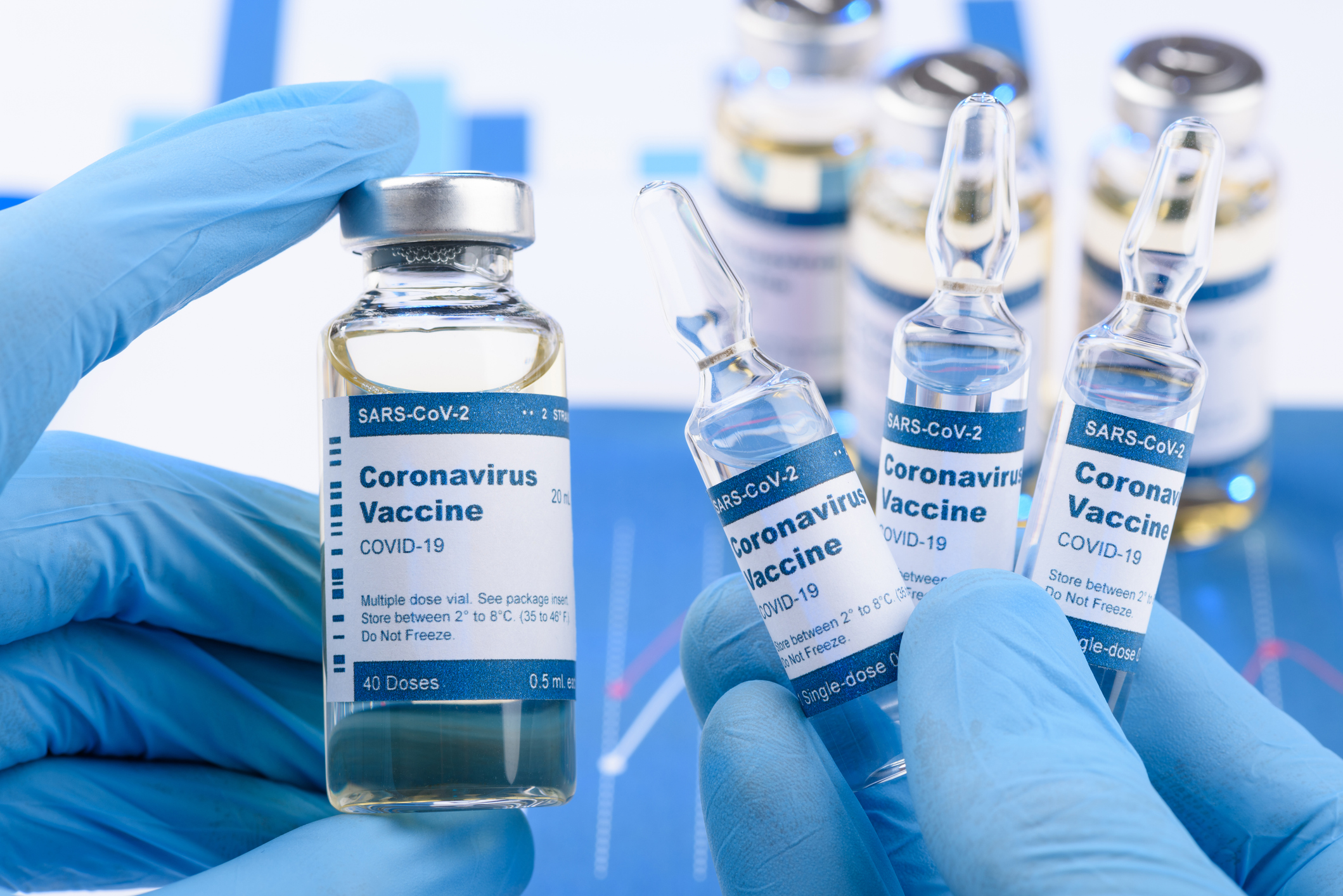COVID-19 vaccine trials have moved into phase three. Two trials were launched in the United States and researchers are looking to enroll 30,000 people for each trial. They are working to ensure that a significant percentage of volunteers come from the places hit hardest.
Dr. Sam Oh, Director of Epidemiology for the University of California, San Francisco Asthma Collaboratory, told ABC News, “We know that there are higher mortality rates in Black and ethnic minority people and infections are being propagated at much higher in these groups.”
In the past, most clinical studies haven’t fairly represented racial and ethnic minorities.
Dr. Dan Barouch, William Bosworth Castle Professor of Medicine at Harvard Medical School said, “If the vaccine is not tested in the groups that need it the most, I think there is less likelihood those groups will be accepting of it, because it wasn’t specifically shown to work in that population.”
It’s clear that engaging minority ethnicities in clinical trials is an important issue to address. But there are a number of barriers preventing populations from participating in these trials. Some of those barriers include mistrust, cost and time, lack of awareness, and lack of diversity among the research and clinical professionals.
Identifying known barriers is the first step toward addressing them. Awareness of the minority populations in the recruitment area is essential so the appropriate recruitment methods can be employed.
“You know, you are more successful recruiting people when you have the reach to speak to a community which you understand,” Dr. Sam Oh said. “The more diverse your recruitment staff are, the more likely you can recruit people from a minority population.”
Dr. Anthony Fauci, Director of the National Institute of Allergy and Infectious Diseases, believes there are positive signs from the volunteers who have pre-registered for the phase 3 trial.
Fauci said, “I think, up to 15 or more thousand, who are pre-enrolled, of those 19% are African American and 19% are Latinx, which is really good news now because we want, we want to get that, and even more because of the disproportionate numbers, and seriousness among that demographic group.”


